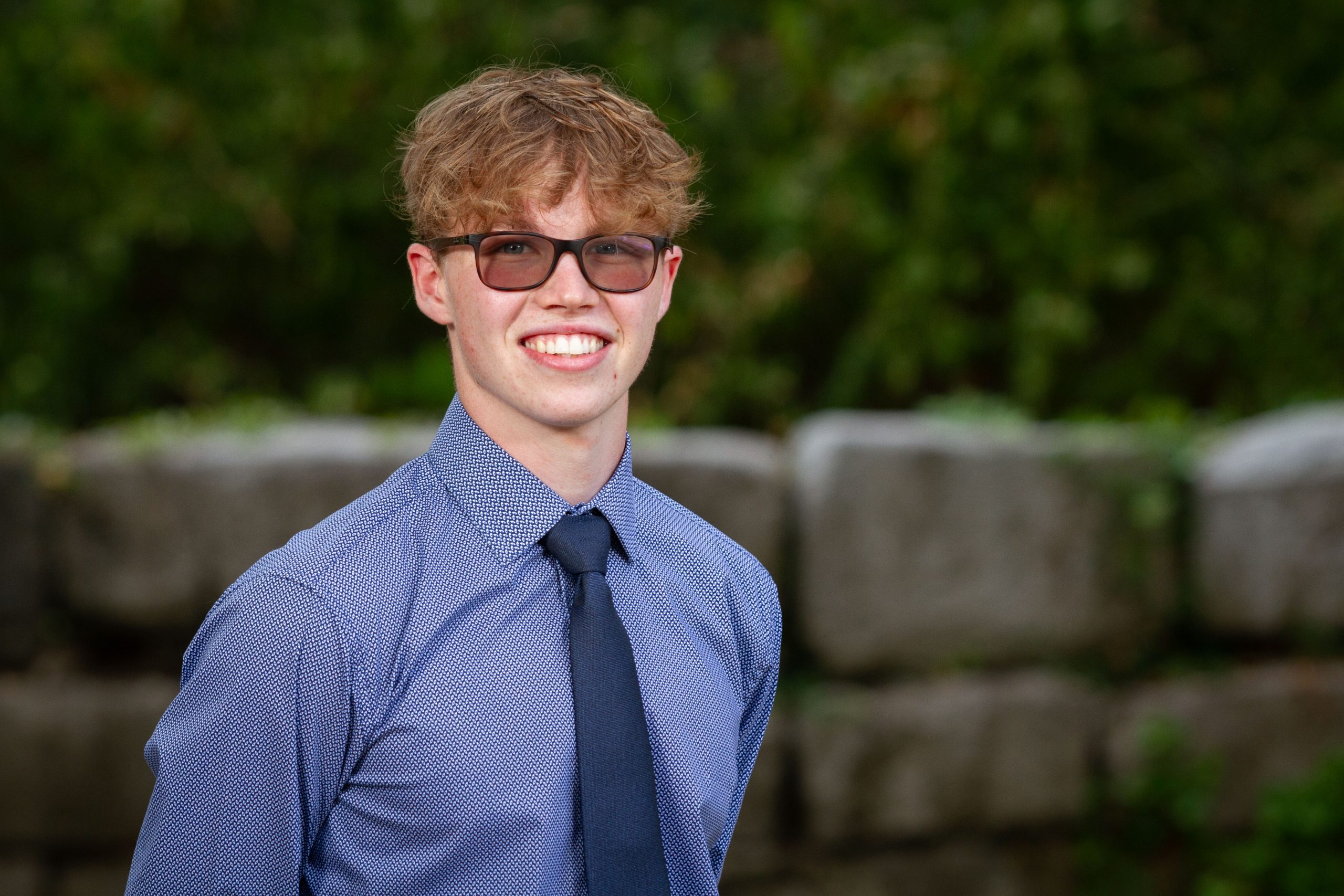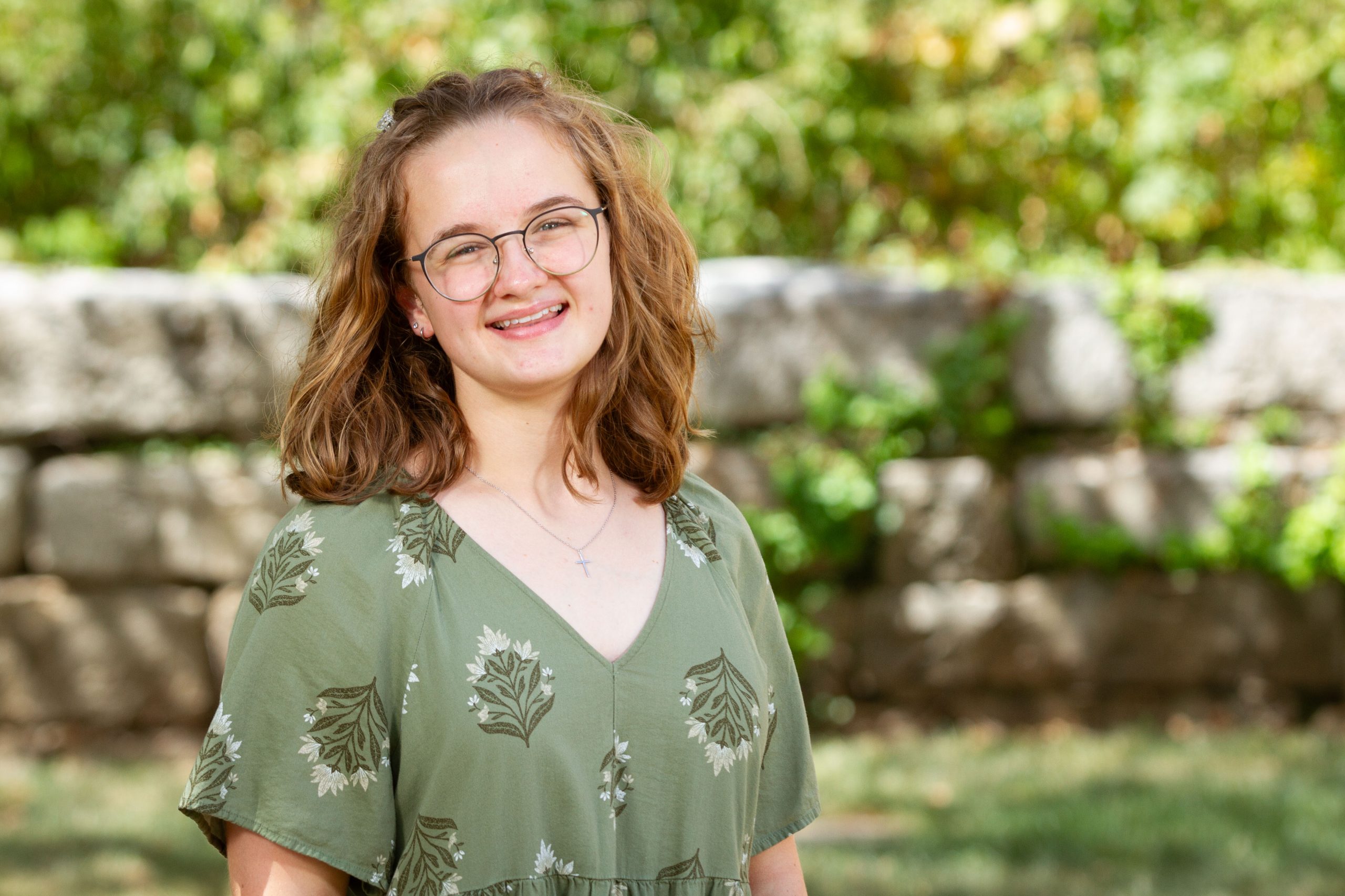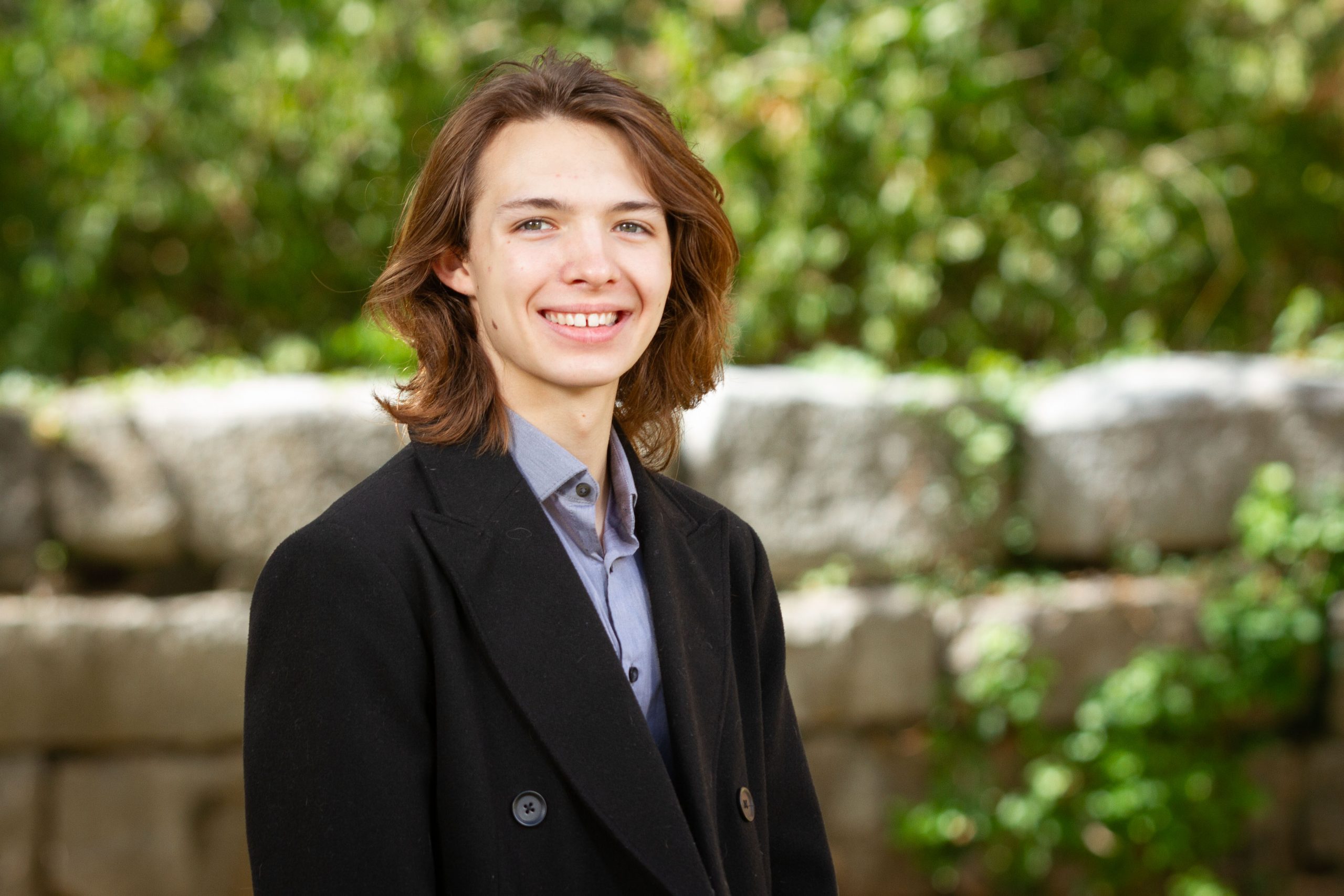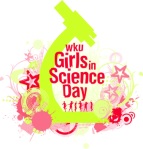WKU Receives $500K Challenge Grant for i4 Initiative
January 30, 2012 | Academics, Gifted Ed, News, People, STEM Discussions, WKU | No Comments
[fblike]
WKU has received a $500,000 challenge grant from the James Graham Brown Foundation in support of the i4 Initiative, a new campus project emphasizing science, technology, engineering and mathematics (STEM) in Kentucky. Sue and Brown Badgett Jr. of Madisonville, Ky., have made a lead gift of $150,000 to support the program.
“The Center for Gifted Studies, the Gatton Academy of Mathematics and Science in Kentucky and the Honors College at WKU are collaborating on this project,” said Amanda Lich, the Director of Development for the three related areas. “The i4 Initiative seeks to promote a culture of innovation through a series of outreach and programming opportunities that instill a sense of the importance of STEM exploration, inspire Kentuckians to foster excellence and growth in STEM, and increase the capacity of high-ability students from middle, secondary and postsecondary populations to engage in these fields.”
The i4 Initiative comprises three main components. First, the i4 Initiative will launch a statewide public relations campaign showing the power of STEM, the possible career options within STEM disciplines and the course to achievement. An interactive website with STEM content, social media, a billboard campaign, and other vehicles of community outreach will be utilized throughout the Commonwealth.
Pathways to Innovation, the second element of the project, offers a three-part strategy to engage high-ability middle grades, high school and college students through existing and new WKU programs. The Summer Program for Verbally and Mathematically Precocious Youth (VAMPY) will add three new Seminars in Innovation that focus on mobile applications development, invention and sustainability. A Winter Colloquium in Innovation will be added to the WKU class schedule to take advantage of the three-week open period on campus where students from the Gatton Academy, the Honors College and other disciplines can focus on the start-up phase of innovative projects. A lecture series featuring state and national STEM leaders and entrepreneurial thinkers will be held on campus.
The third facet of the i4 Initiative is the WKU Innovation Incubator that will serve the same role as a business startup accelerator, but will instead focus on students. Access to the Incubator will be by competition, with students receiving a grant toward materials needed to produce a proof-of-concept. The Incubator also will serve as a conversion point and outreach tool for younger students, with visits by elementary, middle and high school students for demonstrations and engagement. The Center for Research and Development, home to the WKU Small Business Accelerator, will be hosting the WKU Innovation Incubator.
“The i4 Initiative is designed around the concept that students should be mentored to take charge of their future,” said Dr. Gordon Baylis, Vice President for Research and President of the WKU Research Foundation. “As the late Steve Jobs pointed out, the only way to predict the future is to invent it yourself. The i4 Initiative prepares our students for a life of inquiry, inspiration, innovation and invention: it is a path to a bright future for us all. I am delighted that the Student Business Accelerator is an integral part of this initiative.”
WKU is in the process of hiring an individual to oversee the implementation of the i4 Initiative. This individual will coordinate the public relations campaign and outreach activities of the program and will work to ensure that all facets of the i4 Initiative are effectively implemented.
Dr. Julia Roberts, Executive Director of The Center for Gifted Studies and the Carol Martin Gatton Academy of Mathematics and Science in Kentucky, said she is thrilled with the opportunities this grant offers.
“A culture that fosters and values innovation drives the economy forward and improves so many aspects of our lives,” Dr. Roberts said. “We are eager to embark on the i4 Initiative and to explore ways to make innovation important in Kentucky schools and communities as well as at The Center for Gifted Studies, the Gatton Academy of Mathematics and Science in Kentucky, the Honors College at WKU and Western Kentucky University.”
The James Graham Brown Foundation was established in 1943. The Foundation, based in Louisville, was created by Brown to “promote the well-being of the citizens of Louisville and Kentucky.” Since its incorporation in 1954, the Foundation has awarded more than 2,700 grants totaling nearly $463 million. In early 2011, the Foundation announced it had allocated $2 million for its first-ever Higher Education Competitive Grant Program. WKU was one of four higher education entities in Kentucky to receive funding.
The James Graham Brown Foundation will match $1 for every $1 raised up to $500,000 until Dec.1, 2013.
“We are so pleased to partner with WKU and the Brown Foundation to invest in the next generation of innovators in Kentucky,” lead donor Brown Badgett said. “Sue and I feel strongly that nurturing and supporting the creativity of university scholars will reap benefits for the entire Commonwealth. We look forward to what the future holds.”
Lich said WKU is excited for the opportunity to leverage the remarkable human and intellectual resources of The Center for Gifted Studies, the Gatton Academy and the Honors College in implementing the i4 Initiative through the support of the James Graham Brown Foundation, Sue and Brown Badgett and others. In addition to the Badgetts’ lead gift, an additional $34,000 has been raised for the project.
The National Center for Educational Statistics (2009) reports that only 12 percent of bachelor’s degrees conferred in Kentucky are in STEM fields. The Information Technology and Innovation Foundation and The Kauffman Foundation found in The 2010 State New Economy Index: Benchmarking Economic Transformation in the States that Kentucky ranks 46th in the number of inventor patents issues, 43rd in the number of scientists and engineers, 43rd in the number of high tech jobs, 42nd in alternative energy and 42nd in venture capital. In order for the Commonwealth to be competitive in this century, more engagement in the STEM fields must take place.
Contact: Rick DuBose, (270) 745-5404.








